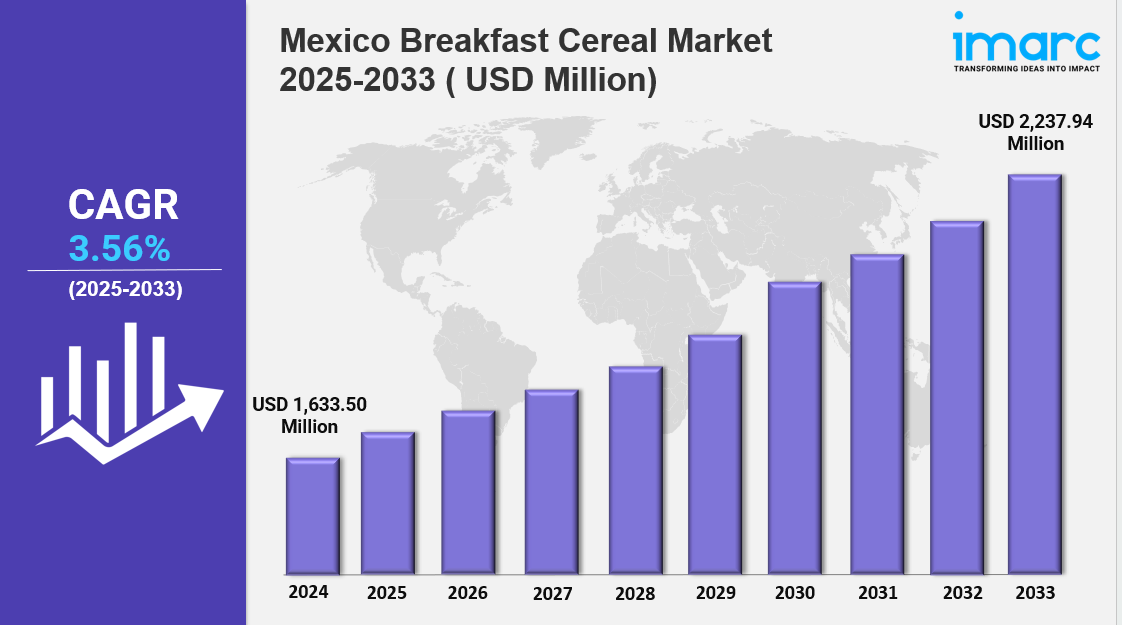
Many learners enroll in online courses hoping to master modern tools but end up feeling more lost than before. This guide explores how the right program can transform confusion into confidence and open real opportunities in the growing digital job market.
The Real Problem Behind Most Online Learning
Thousands of students across Pakistan sign up for digital learning programs every year. The promise sounds attractive—quick certifications, instant job readiness, or even “learn digital marketing in 30 days.” Yet, many discover a harsh truth once they finish: the digital skills course they joined didn’t prepare them for real work.
The core problem isn’t a lack of resources. It’s that most courses focus too heavily on theory or outdated lessons that don’t reflect current industry standards. Students learn what digital tools are but never understand how to use them strategically in real projects.
This leaves many learners frustrated. They can’t apply what they’ve studied, struggle to find internships, and begin doubting whether they’re capable of working in the digital industry at all.
When Learning Feels Pointless
Imagine spending months learning marketing terms, SEO basics, or social media algorithms—only to realize none of it helps you when a client asks, “Can you plan a campaign that actually converts followers into customers?”
That’s exactly what happened to many students who took generic online programs. They got certificates but lacked confidence. The issue lies in teaching style. Memorizing definitions or watching recorded lectures doesn’t teach you the thinking process behind real-world work.
A true education should teach application, not memorization.
From Disappointment to Digital Success in Lahore
Let’s take an example from Lahore.
Ali, a 24-year-old graduate from Faisal Town, had big dreams of building a career in digital marketing. He enrolled in a cheap online program promising a “complete digital toolkit.” The lessons were rushed, with no mentorship or hands-on projects. When he applied for jobs, employers rejected him, saying his portfolio lacked depth.
Feeling defeated, Ali almost gave up. That’s when a friend recommended he visit a local training center known as the best digital marketing institute in Lahore. Unlike the first program, this institute encouraged students to work on real campaigns for local businesses. Ali and his batchmates created content for a restaurant in Gulberg, running ads that increased its customer engagement by 45%.
By the end of six months, Ali had not just learned—he had proved his skills. Today, he freelances for multiple clients while continuing to upgrade his portfolio. His journey highlights how mentorship, practice, and structure can turn uncertainty into professional success.
Why Theoretical Learning Isn’t Enough
Most learners don’t fail because they lack motivation—they fail because their training isn’t practical. The digital industry moves fast. Trends in social media, analytics, and advertising change every few months. When you only learn theories, your skills quickly become outdated.
Here’s what typical theoretical learning misses:
- Real client experience
- Problem-solving and campaign strategy
- Data analysis and creative experimentation
- Collaboration and communication skills
These are the exact abilities employers and clients look for. Without them, even the most technically skilled students struggle to stand out.
The Power of Practical, Guided Learning
A genuine digital skills course doesn’t just teach you software names or textbook definitions. It gives you real tasks, real results, and real growth. It combines tools like Google Analytics, Canva, WordPress, and social media platforms into live projects that simulate the professional environment.
Students learn to:
- Design and run marketing campaigns
- Analyze data to track performance
- Develop digital branding strategies
- Communicate insights with clarity
Each of these steps turns a learner into a professional who not only understands concepts but can apply them with purpose.
Connecting Skills to the Real Job Market
Pakistan’s digital economy is expanding rapidly. Businesses in Lahore, Karachi, and Islamabad are actively seeking skilled professionals who can manage their online presence, run ad campaigns, and build brand credibility. Yet many employers mention one recurring challenge—candidates lack hands-on experience.
That’s why choosing a course that partners with real businesses, provides project work, and focuses on results makes all the difference. A well-structured program helps students see the impact of their learning, not just the completion of a syllabus.
When an institute integrates live projects and continuous feedback, learning becomes purposeful—and employability naturally follows.
What to Look for in a Genuine Course
Before joining any program, it’s essential to ask the right questions. Don’t just rely on marketing claims or discount offers. Look deeper.
Here’s a quick checklist:
- Curriculum relevance: Does it include up-to-date tools like AI-driven marketing or performance analytics?
- Mentorship quality: Are your instructors experienced industry professionals?
- Portfolio development: Will you leave with real projects you can showcase to employers?
- Learning format: Does it include workshops, assignments, and presentations—not just slides?
- Support network: Does the institute offer career counseling or freelance guidance after course completion?
When a training center ticks these boxes, it’s a sign you’re investing in something meaningful.
How Institutes Like DigiSkool Make a Difference
At DigiSkool, learning isn’t limited to theory. Students work on authentic digital campaigns, analyze performance data, and present their results—just like professionals do in agencies. Trainers focus on teaching how to think, plan, and execute with creativity and purpose.
This practical approach bridges the gap between classroom learning and real-world challenges. It helps students see the value of their skills instantly—whether they aim to freelance, join a marketing team, or launch their own digital venture.
A Shift Toward Career-Oriented Education
Traditional education systems often fail to prepare learners for digital realities. That’s why short-term certifications without structure rarely work. A career-focused digital skills course gives you direction, accountability, and measurable progress.
It’s not about how long you study—it’s about how effectively you learn. Practical training ensures that every hour spent brings you closer to building confidence, gaining clients, and finding meaningful work.
Why the Right Institute Matters
Many institutes offer attractive brochures and low-cost plans but lack trained mentors or up-to-date tools. Choosing wisely can mean the difference between wasting time and launching a career.
When you learn from experts at the best digital marketing institute in Lahore, you’re not just getting lessons—you’re entering a community of professionals who share insights, provide mentorship, and guide you through real challenges. That connection can shape your career path long after the course ends.
Conclusion
Learning digital skills shouldn’t be about rushing through slides or chasing certificates. It should be about unlocking your potential and gaining the confidence to turn your ideas into results.
If you’re serious about starting or growing your digital career, invest in a program that values creativity, application, and mentorship. At DigiSkool, we believe that every learner deserves a fair chance to succeed—and the right training can make that happen.
Reach out today and take the first step toward mastering the skills that define the future.


